28 February 1916 : Major Gerald Jamieson
- Home
- On This Day
- 28 February 1916 : Major Gerald Jamieson
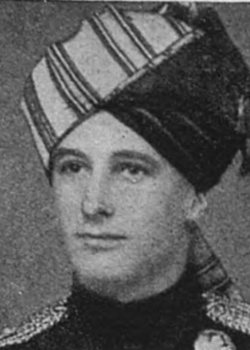
Gerald Jamieson was born 3 November 1876, Bombay
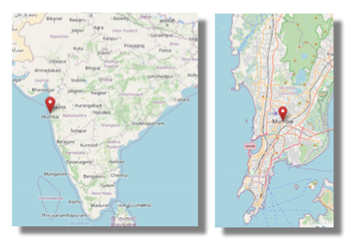
His parents were Colonel Alister Jamieson and his mother Geraldine (née d'Aguilar).
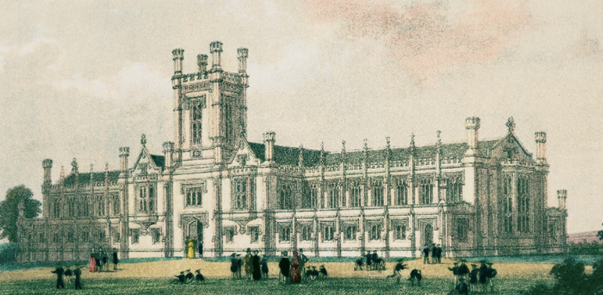
He was educated in turn at Cheltenham College and Dulwich College (1888) and then spent time in Heidelberg before returning to England and the Royal Military Academy, Woolwich. He passed out in September 1896 and joined the Royal Artillery. Three years later he was promoted to Lieutenant. He was assigned to the Indian Army in 1901 attached to the 16th Cavalry and promoted to Captain in 1905 and attached to the Camel Corps.
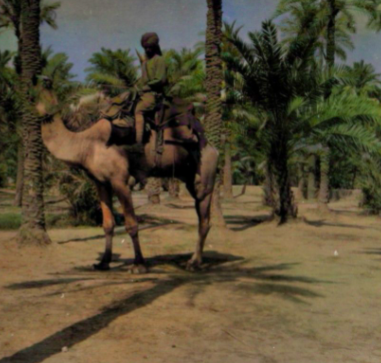
On 21 February 1910 he married Ruth (née Cobbold), and they had two children, Frances and Alister and the family lived at Alton House, Ross, Hereford and Worcester.
In 1908 he transferred to the 9th Bhopal Infantry. Shortly before the war he was promoted to Major and as part of the 1st Indian Army sent to Europe.
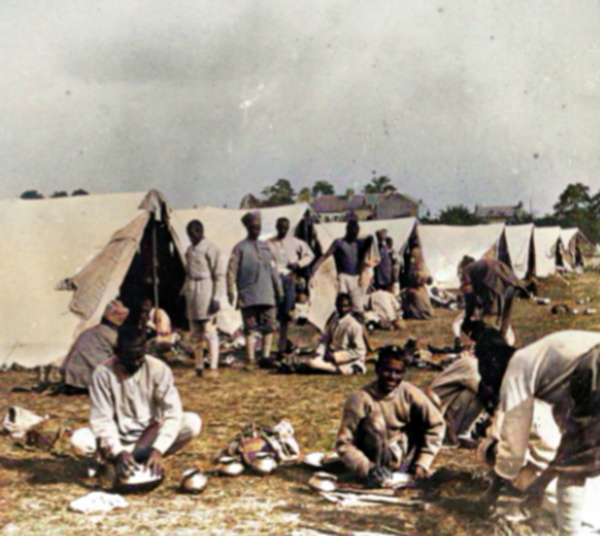
While in France he was wounded and invalided out for a while. Then in late 1915 he rejoined his regiment in Egypt, and proceeded with them to Mesopotamia shortly afterwards. In January 1916 he was again severely wounded and invalided out to India where he died 24 February 1916.
Orders received at 11.00am after the attack had begun. As it was the best he could do was to detach as many men as possible to help the Sappers and Miners who were already advancing.
Known by Willcocks for many years,‘son of a soldier and a descended from a long line of fighting men, he was one of the keenest of officers, always trying to do something to improve the efficiency of his men’. p.68
28 February 1916: Major Gerald Alister Jamieson, 9th Bhopal Infantry
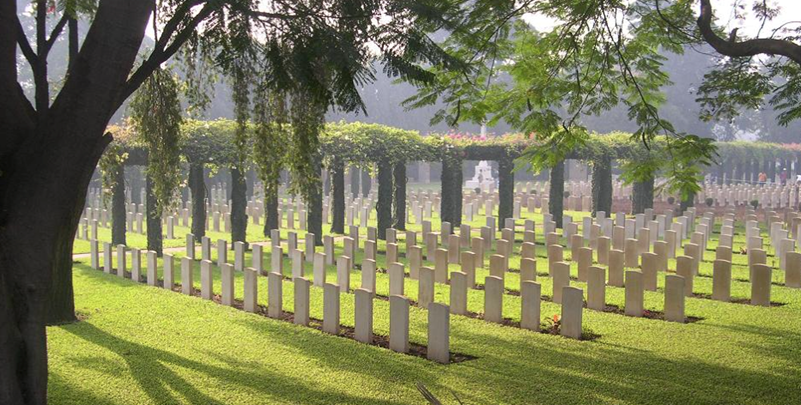
He died Bombay; his is buried Kirkee War Cemetery.
Sources: Dulwich College P68 With the Indians in France, General Sir James Willcocks, England & Wales National Probate Calendar; British Army WWI Medal Index Cards.





